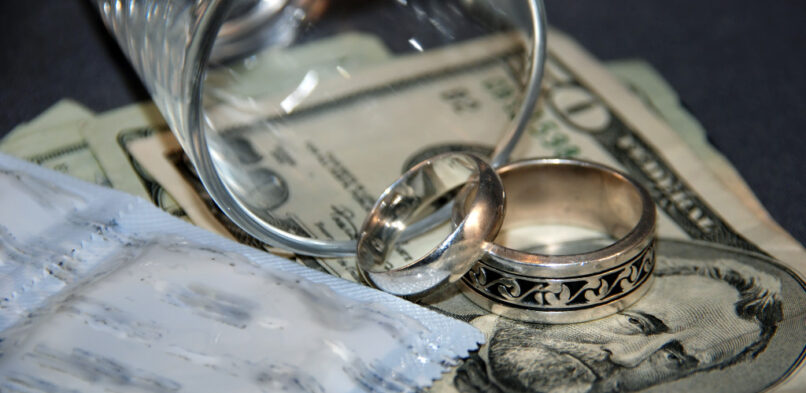Understanding sex addiction

Understanding sex addiction
May 6, 2015 Comments Off on Understanding sex addictionIn 1994, the American Psychiatric Association removed sexual addiction (Then formally known as, “Hypersexuality,”) from the DSM-V – their expansive psychiatric bible that defines mental health disorders. It wasn’t strange or surprising – and it certainly wasn’t incorrect to remove it.
Really, the bigger issue was that they still left a host of other addictions (such as gambling) in it that definitely do not deserve their own category and still seem only to remain in there by way of therapist activism.
The real problem, however, was almost instantly exposed by the removal of such: A simmering culture war.
On the one side was a group of sexual rights activists who commenced fighting against what they perceived as an attempt to impose conformity to some religious or moralistic picture of what sex should be.
That might have made for an interesting battle – if they actually had an enemy in the therapeutic community…
However, on the other side stood a stunned collection of therapists attempting to treat a group of people who, wracked with severe emotional pain, had turned to compulsive use of sexual behaviours to avoid coping with those emotions. People who, as a result, had then seen their lives disintegrate around them.
Yes, they wanted that definition returned to the DSM – but only because a diagnostic code is a ticket to government funding for treatment. The therapeutic community was never fighting to change what turns people on or seeking to judge them for sexual misdeeds. It was fighting the use of sex as a drug for purposes of escaping shame, abandonment, fear of intimacy, guilt and other emotions perceived as negative.
That crew of activists – they never noticed…
The result has been nothing short of absurd with, over 20 years later, people still writing about whether sex addiction is real or not. If any person struggling with compulsive sexuality starts Googling, “Sexual addiction,” today, they will likely find almost as many articles claiming sex addiction does not exist as claiming that it does.
The truth is, sexual addiction did not and still does not deserve a page in the DSM. And, even if the DSM gives special mention to a specific addictive disorder like gambling, that hardly means it does deserve stand-alone status as its own mental illness.
But, people still can get addicted to sexual behaviours.
Sexual addiction is nothing more than a useful term to describe the outward behaviour caused by a collection of issues which may include difficulty coping with emotions, unresolved pain and trauma, issues of abuse, attachment problems, compulsive tendencies, the shame/fear/guilt triangle and a host of other evidences of past relational damage. It is those underlying problems we actually go to work on fixing.
The real goal is helping people get off of the cycle of chasing one sexual, “Hit,” after another and to help them escape from the isolated paralysis of addiction into the fullness of fully intimate relationship.
It’s just not about judging what turns people on.
But, it is about a very real freedom from compulsive sexuality it is VERY possible to achieve.
And, if this describes you, please take the next step to see what Henze & Associate’s seventeen years experience in Addictions Counselling can do to help you or someone you love walk free of sexual addiction!